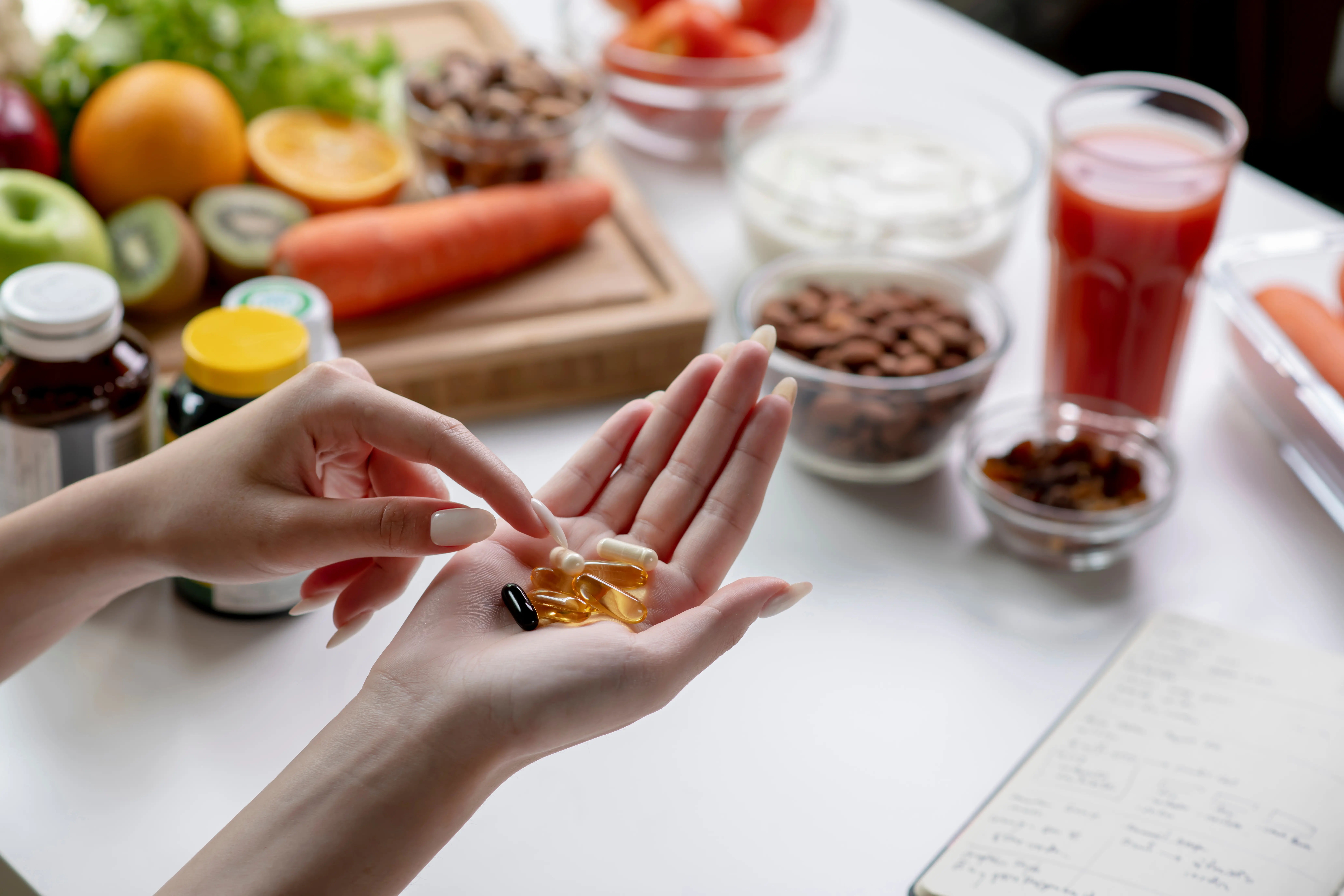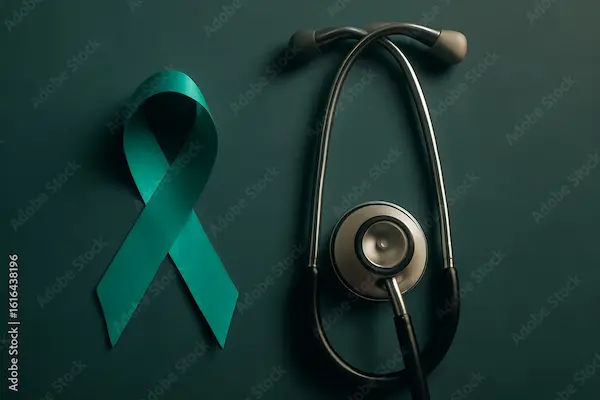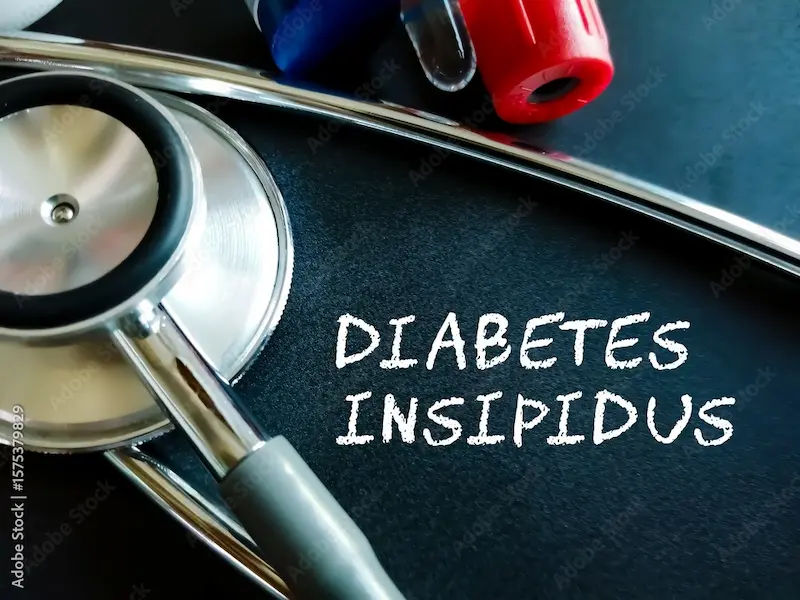Are You Drinking Enough Water? Signs of Dehydration and Hydration Tips
Find out if you’re drinking enough water each day. Learn the key signs of dehydration, how much water your body really needs, and smart tips to stay hydrated for better health.

Written by Dr. Siri Nallapu
Reviewed by Dr. D Bhanu Prakash MBBS, AFIH, Advanced certificate in critical care medicine, Fellowship in critical care medicine
Last updated on 24th Oct, 2025

Are You Drinking Enough Water?
If you’ve ever wondered, “Am I drinking enough water?” you’re not alone. Water is essential for nearly every body function—from brain performance and digestion to temperature regulation—but most of us aren’t sure how much is right. Conflicting advice abounds, from the classic “8×8” rule to detox trends. This guide offers science-backed answers, a simple personalisation method, and practical routines to help you stay hydrated without overthinking it.
How Much Water Do You Really Need?
Here’s how much water you really need:
The 8×8 Rule vs. Evidence
The popular “8×8 rule” (eight 8-ounce glasses a day) is easy to remember but not scientifically precise. According to the National Academies of Sciences, Engineering, and Medicine (NASEM), total water intake (from beverages and food) should be about:
• 3.7 litres/day for most adult men
• 2.7 litres/day for most adult women
Consult Top Specialists
Food contributes roughly 20% of this intake, from sources like fruits, vegetables, soups, and yoghurt. Adjust based on body size, activity, climate, and health. On average, adults may aim for 9–13 cups of fluid per day, not including water-rich foods.
Factors That Affect Your Water Needs
Your ideal water intake depends on:
• Body size and composition
• Activity level and sweat rate
• Temperature, humidity, or cold exposure
• High altitude (increases fluid loss via respiration)
• Diet (high fibre, protein, or salt intake increases needs)
• Pregnancy or breastfeeding
• Illness (fever, vomiting, diarrhoea)
Quick Personalised Starting Point
A practical guideline: 25–35 mL of fluid per kg of body weight per day. For a 70 kg adult, that’s 1.75–2.45 litres of beverages plus water from food. Adjust on hot, active, or high-altitude days.
Tip: Think in containers, not ounces. For example, if your target is 2.4 L and your bottle holds 600 mL, drink four bottles a day—easy to track without math.
Signs You’re Getting Enough Water
Here are the signs to look out for to know if you’re getting enough water or not:
Everyday Signs of Adequate Hydration
• Alertness and steady energy
• Pale yellow urine (like light lemonade)
• Minimal thirst and no dry mouth
Dehydration Signs to Watch
Mild to moderate dehydration may cause:
• Thirst
• Dark urine
• Fatigue
• Dizziness or headache
• Constipation
• Reduced exercise performance
Severe dehydration is a medical emergency and may include very dark/scant urine, rapid heartbeat, confusion, sunken eyes, or fainting.
Overhydration and Hyponatremia
Drinking excessively can dilute blood sodium (hyponatremia), causing headache, nausea, confusion, or seizures. Avoid forcing litres of water in a short time. Use thirst, urine colour, and morning weight changes to guide intake.
What Counts Toward Your Water Intake?
Let’s have a look at some of the factors that should be considered for water intake:
Water-Rich Foods
• Fruits: watermelon, oranges, strawberries
• Vegetables: cucumber, lettuce, tomatoes, zucchini
• Dairy & alternatives: milk, yoghurt, kefir
• Soups & broths
These can boost hydration without extra drinking.
Beverages
• Coffee and tea count; their mild diuretic effect is negligible in moderate amounts
• Milk, herbal teas, sparkling water, diluted juices contribute
• Alcohol does not count and is dehydrating
What Doesn’t Count
• Heavy alcohol servings
• Excessively sugary drinks (unless diluted)
• “Detox waters” have no proven extra benefits beyond plain water
Tip: Aim for hydration density: fluids plus water-rich foods when rapid rehydration is needed.Consult Top Specialists
Special Situations
Here are some special situations to keep in mind:
Heat and Humidity
• Prehydrate before outdoor exposure
• Sip small amounts regularly (0.25–0.5 L/hour for heavy sweating)
• Use electrolytes if sweating heavily
Exercise
• Sweat rate: 0.3–2.0 L/hour
• Weigh before/after workouts: each 0.5 kg lost ≈ 0.5 L fluid deficit
• For sessions >60 minutes: 0.4–0.8 L/hour, consider sodium or sports drinks
High Altitude
• Lose more fluid via breathing
• Drink slightly more than usual, use warm beverages in cold climates
Illness, Kids, and Older Adults
• Fever, vomiting, diarrhoea increase losses
• Use oral rehydration solutions (ORS) for children, elderly, or severe illness
• Seek medical advice if severe dehydration persists
Building a Hydration Habit
Here’s how you can build a hydration habit:
Timing & Triggers
• After waking: 1 glass
• With meals/snacks: 1 glass each
• Mid-morning/afternoon: sip regularly
• During exercise: adjust for sweat
Make It Easy
• Keep water in sight and reachable
• Flavour naturally: citrus, mint, cucumber
• Rotate beverages: water, sparkling water, herbal tea
Proven Strategies
• Container Method: Set a daily bottle target
• Cue Bundling: Pair sips with routines
• Hydration Buffering: Front-load intake early in the day
• Hydration-Dense Meals: Include salads, fruits, soups
• Use reminders if needed, but keep it simple
Tip: Steady sipping is better than chugging—supports absorption and reduces bathroom urgency.
Myths, Facts, and Safety
• Extra water does not detoxify beyond normal organ function
• Coffee/tea count toward hydration; alcohol does not
• Tap water is safe in most areas; bottled water isn’t automatically better
• Avoid extreme “water challenges”; overconsumption can be dangerous
Tools to Personalise Your Intake
Try this method to personalise your water intake:
The 3-Check Method
1. Thirst – drink when prompted
2. Urine Colour – aim for pale yellow
3. Morning Weight – day-to-day swings >1% may indicate hydration shifts
When to See a Doctor
Persistent dizziness, confusion, fainting, excessive thirst/urination may indicate underlying issues (diabetes, kidney problems, electrolyte imbalance). Apollo24|7 offers online consultations and home lab collection for electrolytes, kidney function, HbA1c.Get the Tests Here
Conclusion
Hydration doesn’t require complicated formulas. Start with 25–35 mL/kg of beverages daily plus food intake, and fine-tune with the 3-Check Method. Adjust for hot days, workouts, altitude, or illness. Use simple routines—favourite bottle, sips with meals, water-rich foods.
Listen to your body: it signals what it needs. This guide equips you to respond effectively, making hydration a sustainable habit that supports energy, focus, digestion, and overall health. Consult a doctor if symptoms persist, and use Apollo24|7 for online advice or home lab tests.Consult Top Specialists
Consult Top Specialists

Dr. Rajib Ghose
General Physician/ Internal Medicine Specialist
25 Years • MBBS
East Midnapore
VIVEKANANDA SEBA SADAN, East Midnapore

Dr. Aakash Garg
Gastroenterology/gi Medicine Specialist
12 Years • MBBS, DNB (Medicine), DrNB (Gastroentrology).
Bilaspur
Apollo Hospitals Seepat Road, Bilaspur
(150+ Patients)

Dr. Kumudha Ravi Munirathnam
General Physician/ Internal Medicine Specialist
18 Years • MBBS, DNB (Int Med.), PGD (Diabetology), MNAMS
Chennai
Apollo Speciality Hospitals OMR, Chennai
(200+ Patients)
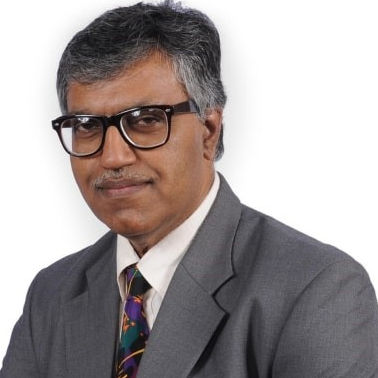
Dr P Jagadeesha Chandra
General Physician/ Internal Medicine Specialist
37 Years • MBBS, MD
Bengaluru
Apollo Hospitals Jayanagar, Bengaluru
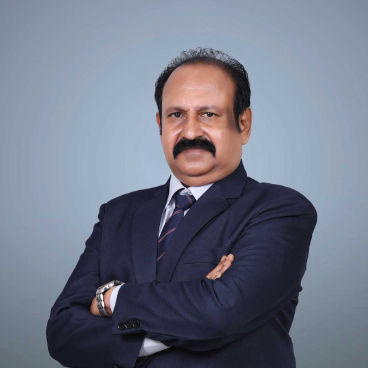
Dr. R Gopakumar
Internal Medicine/ Covid Consultation Specialist
31 Years • MBBS, MD(general medicine
Angamaly
Apollo Hospitals Karukutty, Angamaly
(25+ Patients)
Consult Top Specialists

Dr. Rajib Ghose
General Physician/ Internal Medicine Specialist
25 Years • MBBS
East Midnapore
VIVEKANANDA SEBA SADAN, East Midnapore

Dr. Aakash Garg
Gastroenterology/gi Medicine Specialist
12 Years • MBBS, DNB (Medicine), DrNB (Gastroentrology).
Bilaspur
Apollo Hospitals Seepat Road, Bilaspur
(150+ Patients)

Dr. Kumudha Ravi Munirathnam
General Physician/ Internal Medicine Specialist
18 Years • MBBS, DNB (Int Med.), PGD (Diabetology), MNAMS
Chennai
Apollo Speciality Hospitals OMR, Chennai
(200+ Patients)

Dr P Jagadeesha Chandra
General Physician/ Internal Medicine Specialist
37 Years • MBBS, MD
Bengaluru
Apollo Hospitals Jayanagar, Bengaluru

Dr. R Gopakumar
Internal Medicine/ Covid Consultation Specialist
31 Years • MBBS, MD(general medicine
Angamaly
Apollo Hospitals Karukutty, Angamaly
(25+ Patients)
Consult Top Specialists

Dr. Rajib Ghose
General Physician/ Internal Medicine Specialist
25 Years • MBBS
East Midnapore
VIVEKANANDA SEBA SADAN, East Midnapore

Dr. Aakash Garg
Gastroenterology/gi Medicine Specialist
12 Years • MBBS, DNB (Medicine), DrNB (Gastroentrology).
Bilaspur
Apollo Hospitals Seepat Road, Bilaspur
(150+ Patients)

Dr. Kumudha Ravi Munirathnam
General Physician/ Internal Medicine Specialist
18 Years • MBBS, DNB (Int Med.), PGD (Diabetology), MNAMS
Chennai
Apollo Speciality Hospitals OMR, Chennai
(200+ Patients)

Dr P Jagadeesha Chandra
General Physician/ Internal Medicine Specialist
37 Years • MBBS, MD
Bengaluru
Apollo Hospitals Jayanagar, Bengaluru

Dr. R Gopakumar
Internal Medicine/ Covid Consultation Specialist
31 Years • MBBS, MD(general medicine
Angamaly
Apollo Hospitals Karukutty, Angamaly
(25+ Patients)
More articles from General Medical Consultation
Frequently Asked Questions
Q1: Do I really need 8 glasses a day?
Not necessarily. Most adults need 2–3 L beverages plus water from food. Use the 3-Check Method.
Q2: Does coffee dehydrate you?
No, moderate coffee and tea contribute to hydration. Balance with water.
Q3: How much should I drink during exercise?
For >60 minutes or heat, 0.4–0.8 L/hour, adjusting to sweat and thirst.
Q5: When to see a doctor?
Persistent dizziness, confusion, fatigue, vomiting, or excessive thirst/urination.

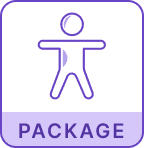
.webp)
